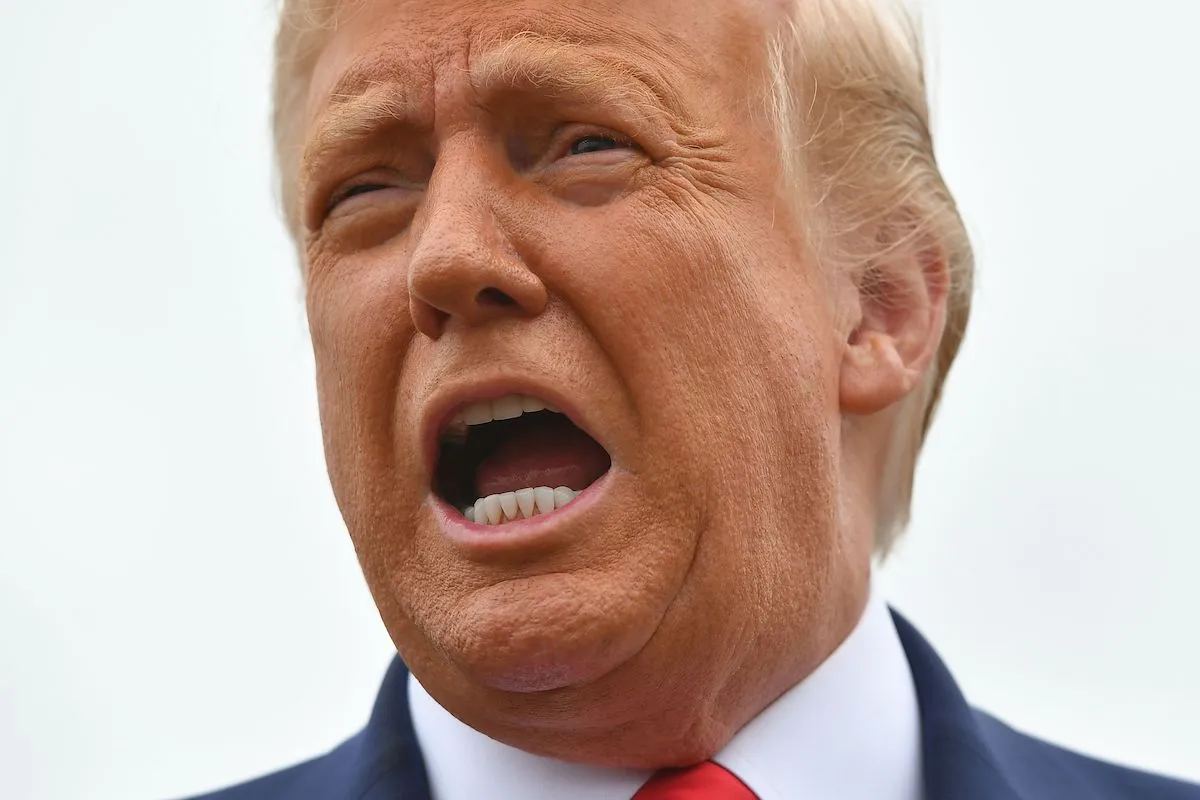After months of threats and bluster, the Trump administration has announced the newest attacks on the dangerous threat to national security are that of … teens making dance meme videos? Trump has been threatening to ban TikTok for months and finally has pulled the trigger. But not really. Yes, as of Sunday TikTok and WeChat will be banned from US app stores. What does that mean?
Well, it doesn’t mean that TikTok and WeChat will stop operating. It just means that you won’t be able to download them to your phone from US app stores. That’s not a huge blow considering that TikTok has over 100 million users in the US, and they will still be able to use the service. In the case of WeChat, the restrictions are more severe.
According to the New York Times: “In the case of WeChat, the restrictions will also prevent any company from offering internet hosting, content delivery networks, internet transit or peering services to WeChat, or using the app’s code in other software or services in the United States.”
The same prohibitions will go into effect for TikTok on November 12. (Curious timing there.)
The full “rationale” here is that both apps pose a national security threat and that both applications are being used by China to collect data on US citizens. It just happens to be that TikTok is also full of teens and users mocking the President and helping to organize against him. But is the idea that these apps are a national security threat accurate?
Let’s look at WeChat first. While you’ve probably heard of TikTok, you may not be familiar with WeChat. It’s a multipurpose app that’s incredibly popular in China that functions as a combination of WhatsApp, Paypal, and Twitter. Users can chat, make payments using the app, and post updates. The thing WeChat and TikTok have in common should be clear: China. And yes, information from WeChat is routinely shared with the government in China.
In China, WeChat is everywhere, and it uses face ID as well, the same Face ID that every person in China has registered with the government. People appreciate being able to pay for groceries with facial ID, but there’s a price. It is very much a tool of mass surveillance, or has the potential to be. But that’s in China. It’s not quite the same in the US. With TikTok, the concern is that the app is a facade for invasive code that’s mining data from people’s phones (and maybe other devices) which is something TikTok can and likely does do in China.
But the US arm of TikTok claims to be independent of their Chinese developer, ByteDance. And the company, thanks to other actions but Trump, has been looking for a US buyer for months. They are currently in talks with Oracle, after a bid by Microsoft was turned down. The November 12 dates for further restrictions on TikTok will function as a deadline for TikTok to cut ties with China.
Will this really make a difference? It’s unclear. Folks who want to have TikTok can download it now, and the smart youths will probably also find out ways to get it via VPN. But what’s more concerning for many is the precedent this sets of the President going after a specific platform that he doesn’t like in the name of “national security.”
The big takeaway for now? If you want to TikTok, download it today.
(image: TikTok)
Want more stories like this? Become a subscriber and support the site!
—The Mary Sue has a strict comment policy that forbids, but is not limited to, personal insults toward anyone, hate speech, and trolling.—










Published: Sep 18, 2020 12:48 pm